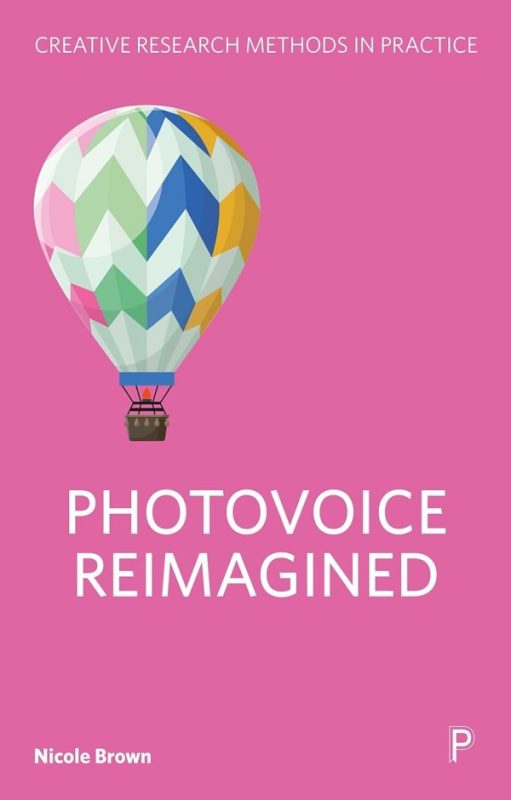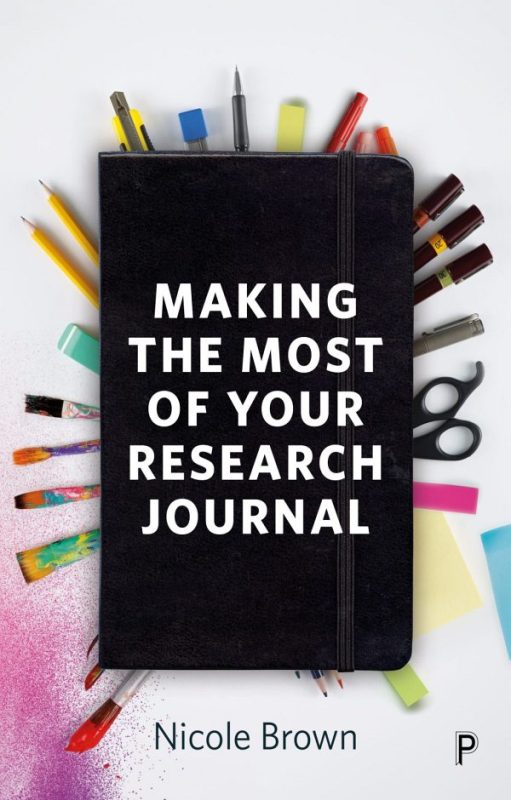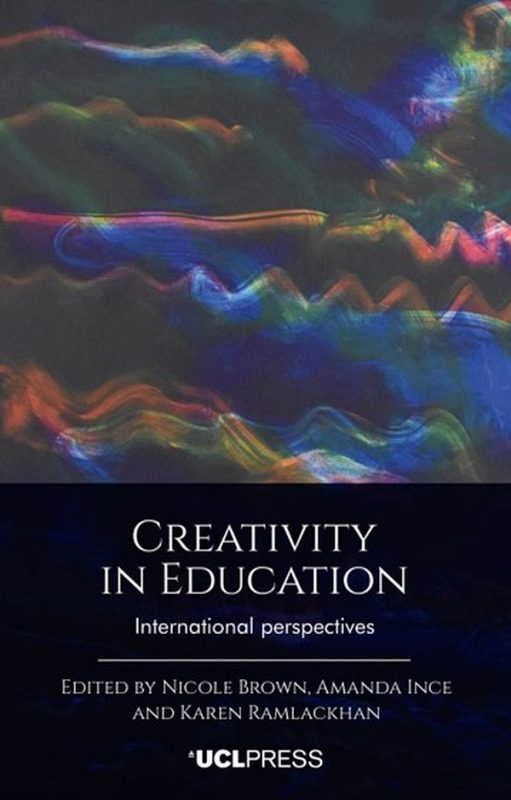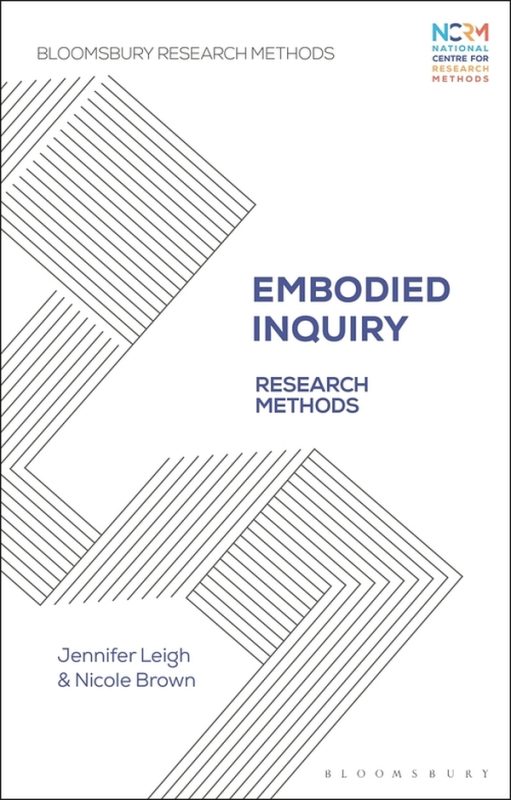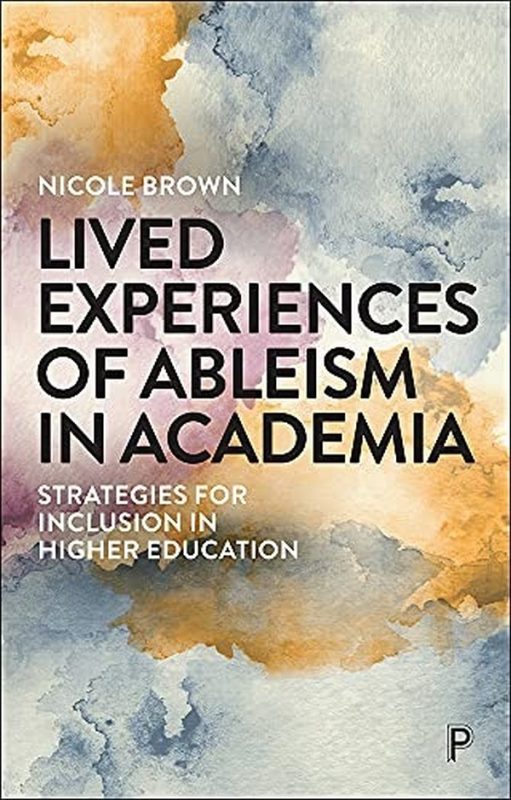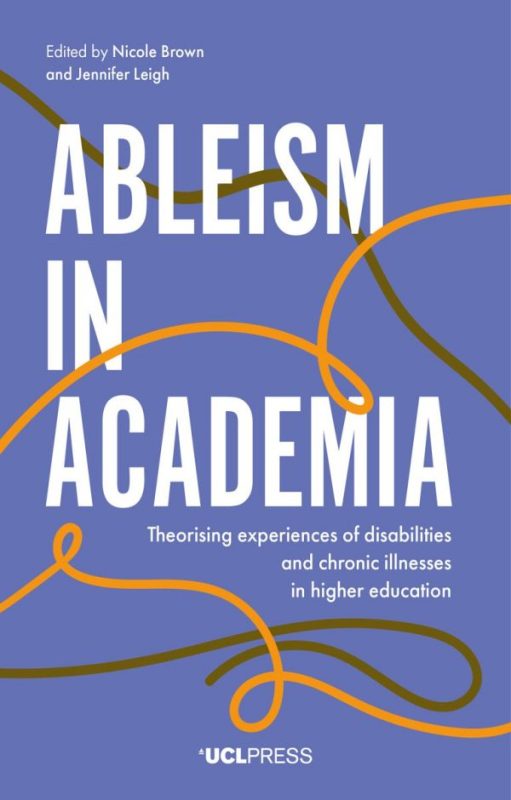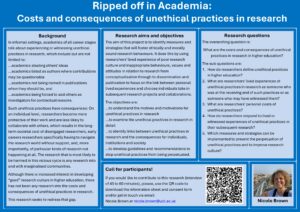
Ripped off in Academia: Costs and Consequences of Unethical Practices in Research
Call for participants! “Ripped off in Academia: Costs and Consequences of Unethical Practices in Research” Background In informal settings, academics of all career stages talk about being ripped off in higher education: they experience or witness unethical practices in research. Unethical practices described include but are not limited to: …academics […]
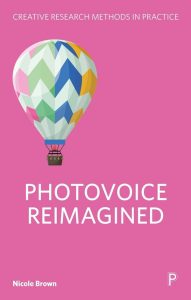
Book: Photovoice Reimagined
"Photovoice Reimagined" introduces photovoice as a method and photovoice as a framework to enable a more participatory approach to research.
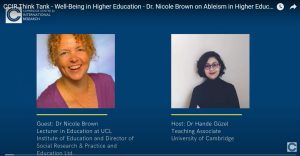
Wellbeing in Higher Education podcast: Ableism
I was invited to contribute to the Cambridge Centre for International Research podcast series to talk about the experience of disabled people in higher education and how to improve the situation.
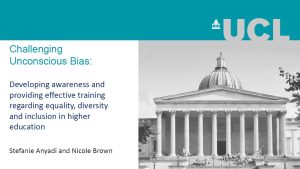
Challenging unconscious bias
This post is a link to a recording from a presentation for AdvanceHE on the topic of how to challenge unconscious bias.

SAGE MethodSpace: Choosing creative methods for research
I was invited to contribute to the SAGE MethodSpace to talk about how I use creative methods, and why I use creative methods, given the population and the nature of my research.

Ableismus in der Akademie
This post is a link to recordings and write-ups of an ableism event held in German via the Johannes Kepler Universität Linz and Universität für künstlerische und industrielle Gestaltung Linz.

Ice breakers: starting lessons or meetings
This post is about ice breakers, and how we can plan for starting a session effectively without distracting from our contents.
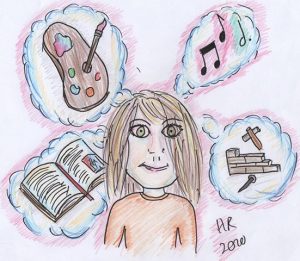
Guest post: Creativity in the Curriculum – An Exam Production-Line
In this guest post Dr Helen Ross reflects on the exam production line of our current school system.

Creative output: “I need duvet days” – Chronically ill academics
This is an example for analysis within Embodied Inquiry from my research with chronically ill academics. The illustrated poem was created from the transcripts of conversations with chronically ill academics and an arts-based approach to making sense of data.
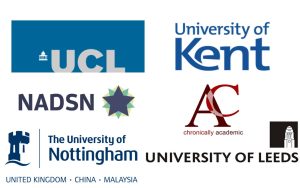
Ableism in Academia
Call for contributions to the Ableism in Academia symposium and special edition publication.
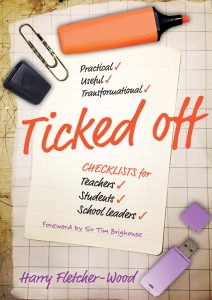
Book review: Ticked off – checklists for teachers, students, school leaders
This is a review of Harry Fletcher-Wood's book on how checklists can make all aspects of teaching more effective.
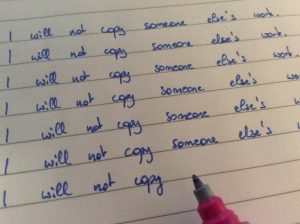
Reflections about plagiarism
Plagiarism is a socio-cultural issue. This is about academic integrity and the reputation of an institution and the degree that is awarded. I would not want to hold an academic degree that is devalued in such way that many people were able to cheat their way through it. This is a reflective piece of writing on plagiarism and what it feels like for an academic.
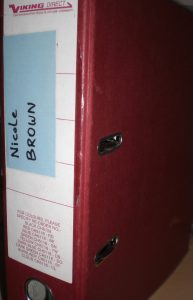
Professional development portfolios
Many teacher training sessions and professional development courses nowadays link to or culminate in the compilation of portfolios. Portfolios are evidences and resources that are gathered and annotated systematically to provide an overview of the teachers' achievements, career events and areas for development. The process of gathering information for the portfolios is an opportunity to take a step back from everyday work to reposition yourself and reconsider your values, your development and your learning. Here is some help for developing portfolios.
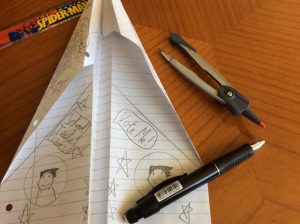
Manage behaviour in lessons
One of the most daunting aspects for new teachers is to manage behaviour in lessons. The dynamics of the classroom and the teacher's personality are probably key to how much classroom management you will need to do and which strategies you can use. However, there are some basic rules that you should consider and that will help you manage behaviour in your lesson.
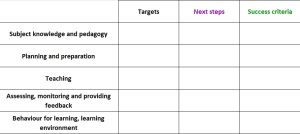
Writing an action plan
How to write an action plan in order to improve teaching practice. An action plan should include targets, next steps and success criteria for it to be meaningful.
The bilingual’s relationship with language
Having a bilingual child does not necessarily mean that the child’s relationship with languages is an easy one. It is possible that your bilingual child simultaneously loves and loathes languages.
